 Artist: Mineral
Artist: Mineral
Song Title: “Aurora”
Single Sentence Singles Review: It’s been 20 years since Mineral released new material, and while expectations can build up over the course of two decades, the Austin quartet – which disbanded in 1997 – has delivered on them all with this moving single that is both nostalgic and contemporary in its crafting and production.
Beyond The Track: “Aurora” will appear on “One Day When We Are Young: Mineral At 25,” a limited edition hardcover book and collectible 10-inch that will also include the new song “Your Body Is The World.” Set to drop January 4 on House Arrest, a pre-order is available here.


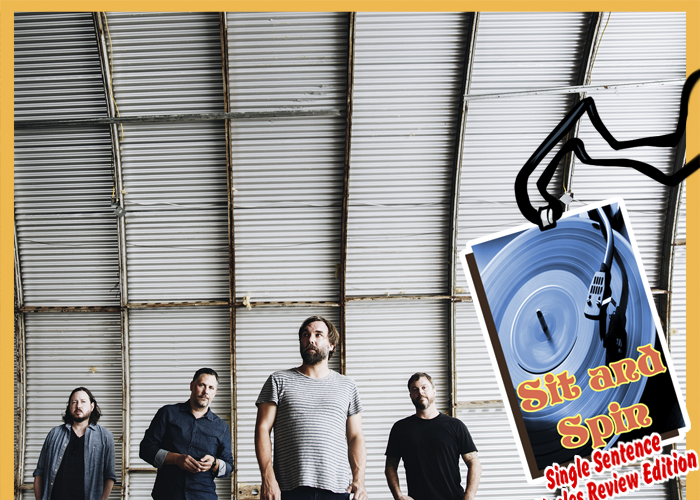
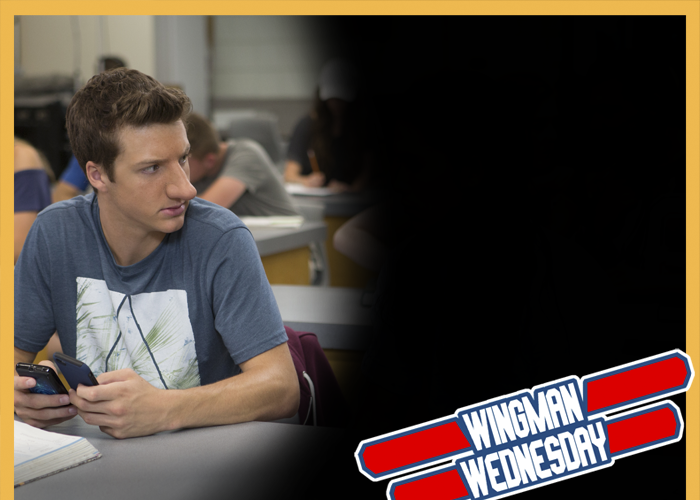

 and connecting with people, but not when it takes us out of the real world. I try as much as possible to keep my phone in my pocket when I’m out in the world or around people. It’s necessary, but not evil – certainly not a passion. However, it’s really useful to connect with fans and people who want to see you thrive. THAT is brand new and super special.
and connecting with people, but not when it takes us out of the real world. I try as much as possible to keep my phone in my pocket when I’m out in the world or around people. It’s necessary, but not evil – certainly not a passion. However, it’s really useful to connect with fans and people who want to see you thrive. THAT is brand new and super special.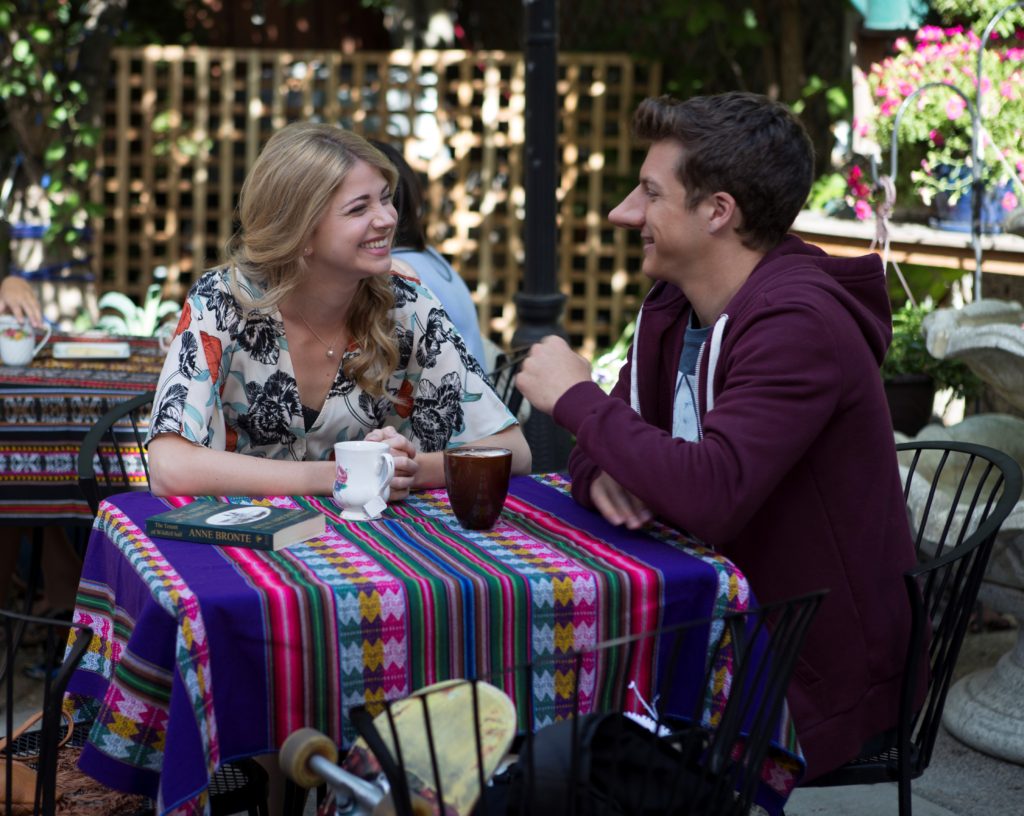
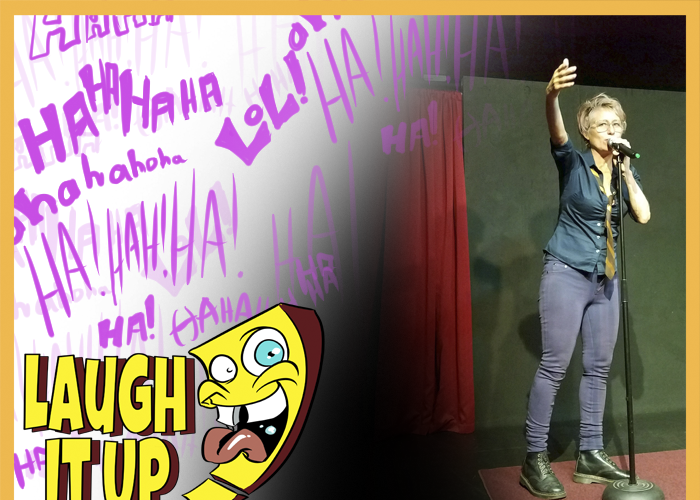
 Name: Leslie Barton
Name: Leslie Barton by gathering three to five comics that only hate each other a little and that you think are funny.
by gathering three to five comics that only hate each other a little and that you think are funny.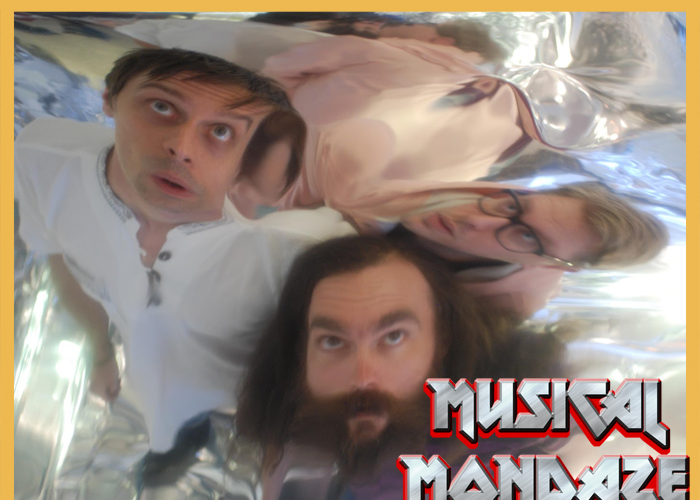

 into someone else’s, the listener gets to come up with their own version of what a song might be about, or what it means to them. I don’t wanna spoil that for anybody.
into someone else’s, the listener gets to come up with their own version of what a song might be about, or what it means to them. I don’t wanna spoil that for anybody.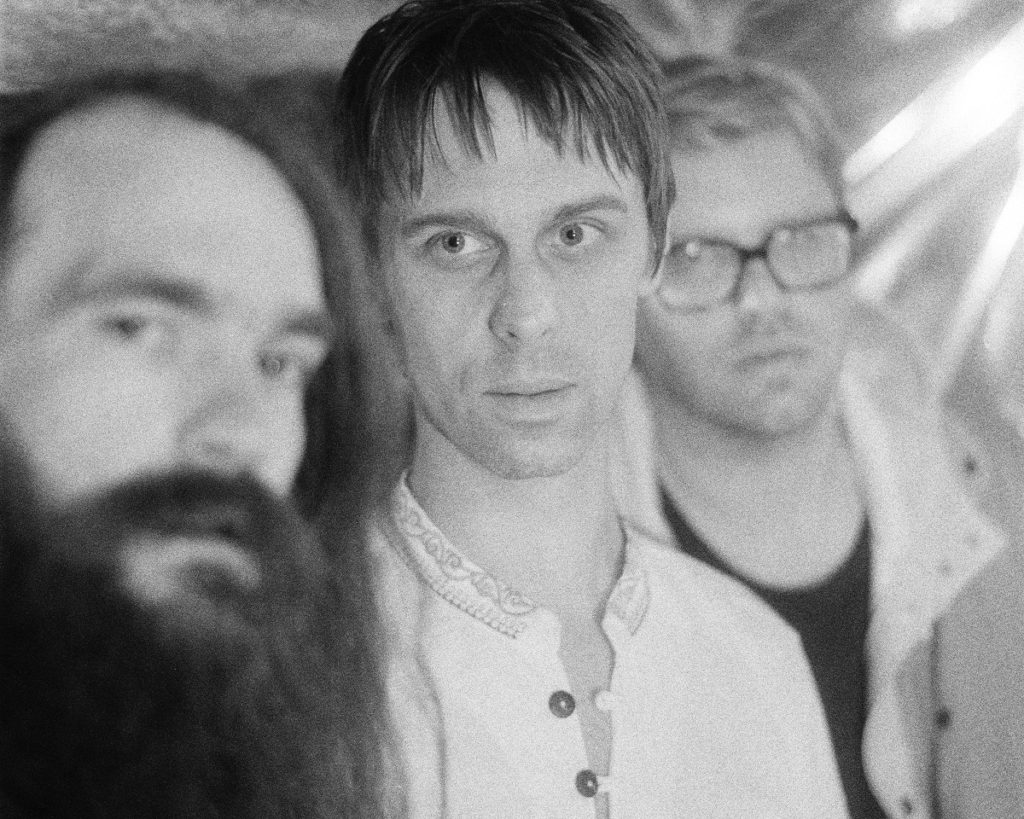
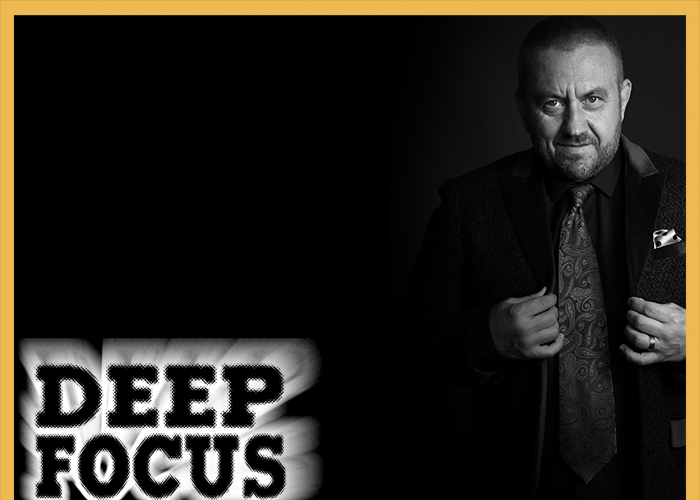

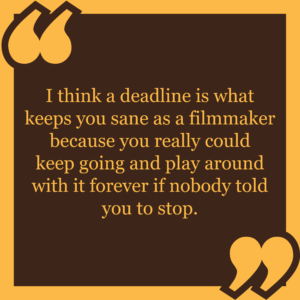 or we have a performance that’s an eight instead of a nine, or a seven instead of a nine, or whatever it may be. So, you’re always chipping away at what it could be. Also, it was the first family film I’ve done so I felt that it was a little bit tricky because I didn’t want to make a traditional light, straight up goofy type of film. I wanted it to hold its own as a drama, I wanted it to hold its own as a romance, and also be a great family film. I think we succeeded to a degree with that, but I think we can do better and I really think the sequel is going to show that we definitely can do better.
or we have a performance that’s an eight instead of a nine, or a seven instead of a nine, or whatever it may be. So, you’re always chipping away at what it could be. Also, it was the first family film I’ve done so I felt that it was a little bit tricky because I didn’t want to make a traditional light, straight up goofy type of film. I wanted it to hold its own as a drama, I wanted it to hold its own as a romance, and also be a great family film. I think we succeeded to a degree with that, but I think we can do better and I really think the sequel is going to show that we definitely can do better.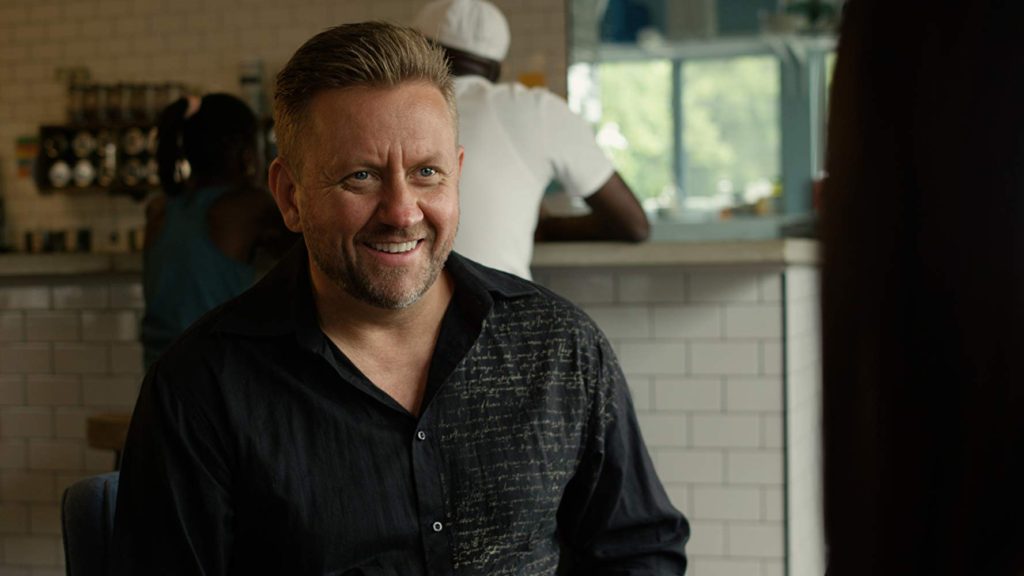
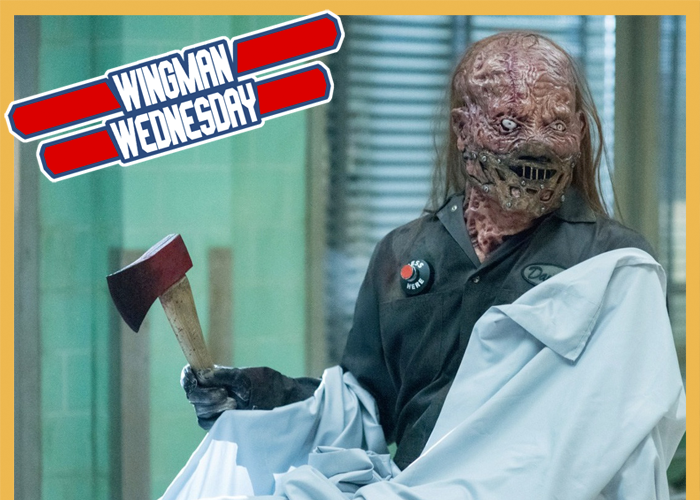
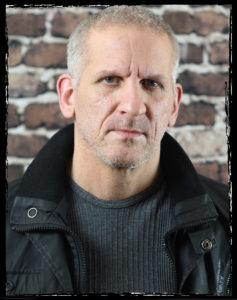
 rest of my collectibles. I for one would love to see the Hatchet Man action figures. If they need me to pose, I am available.
rest of my collectibles. I for one would love to see the Hatchet Man action figures. If they need me to pose, I am available.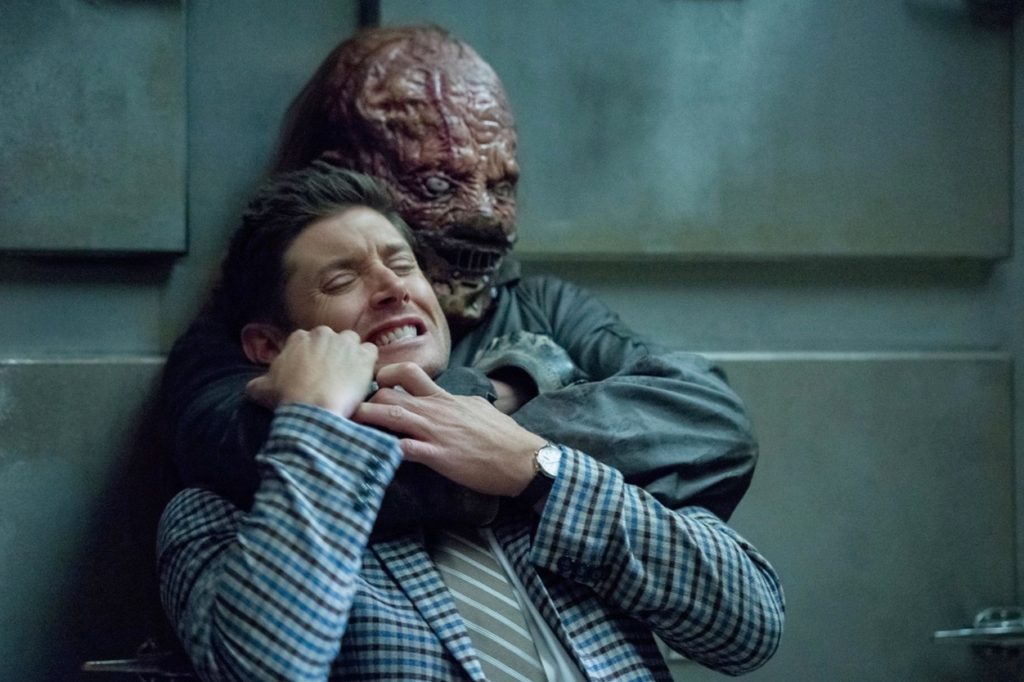
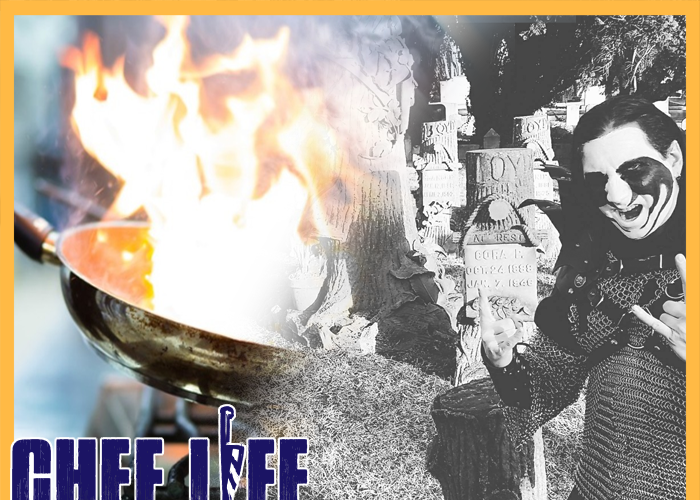
 Vegan Black Metal Chef
Vegan Black Metal Chef


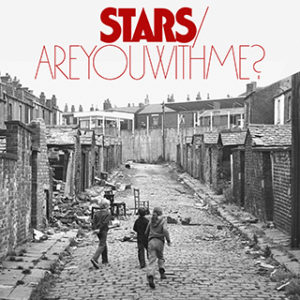 Artist: Stars
Artist: Stars

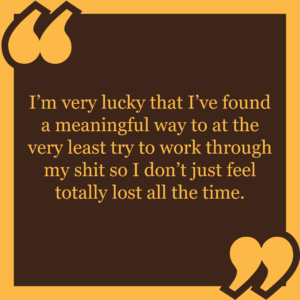 as fans of music. Both of us have catalogs that initially were primarily rooted in hip-hop but we’ve branched out considerably over the years. This project tips its cap to our previous work while also acknowledging who we are now!
as fans of music. Both of us have catalogs that initially were primarily rooted in hip-hop but we’ve branched out considerably over the years. This project tips its cap to our previous work while also acknowledging who we are now! TrunkSpace: We started our chat by talking about Chicago and local music scenes. As a career progresses and a fan base grows, does it become difficult for a single city to support the music? Does it become a juggling act to nurture a career within a scene but not to over saturate?
TrunkSpace: We started our chat by talking about Chicago and local music scenes. As a career progresses and a fan base grows, does it become difficult for a single city to support the music? Does it become a juggling act to nurture a career within a scene but not to over saturate?